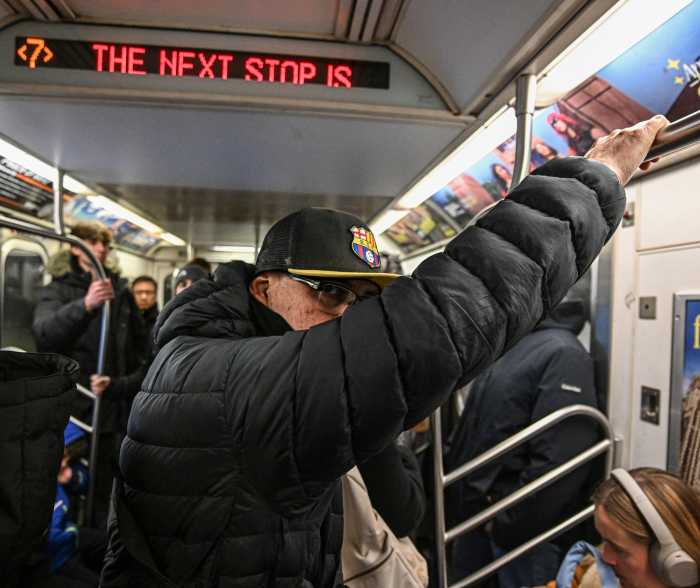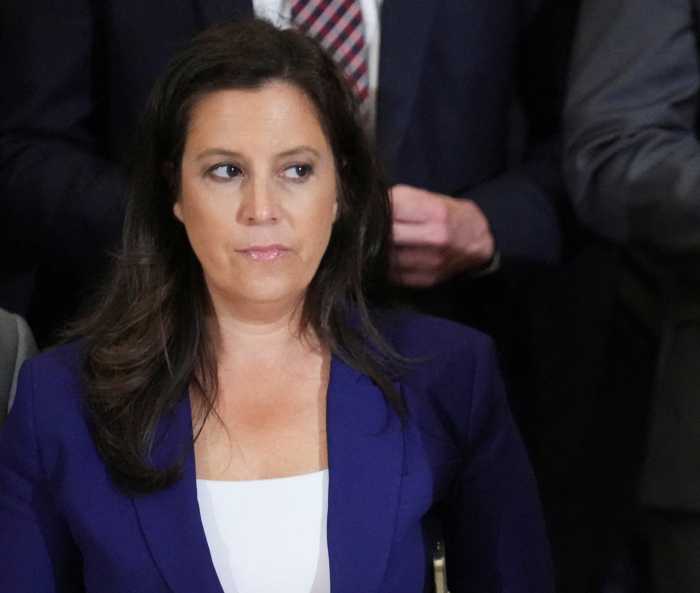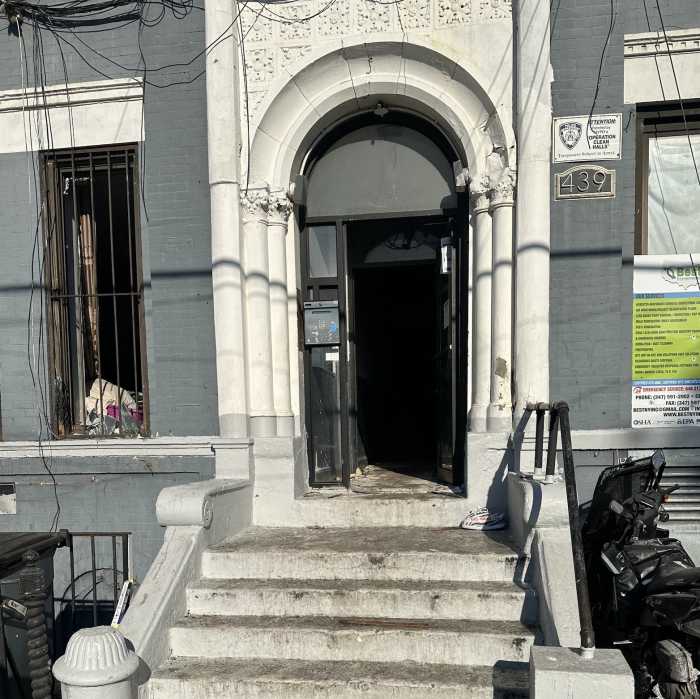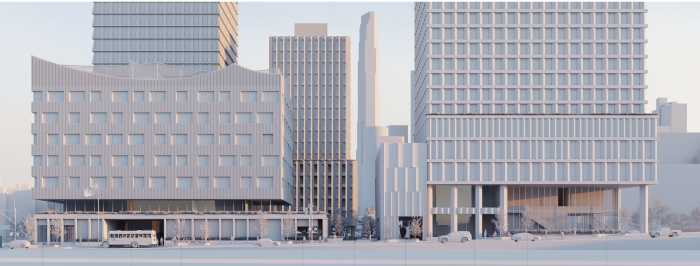New York should brace for a new Republican-dominated Congress that could pause an urban agenda, unless Washington’s gridlock can be broken.
Republicans on Tuesday wrested control of the U.S. Senate and turfed Democratic lawmakers to pad its House majority. Now, the future of federal priorities crucial for the city — immigration reform, infrastructure, public and affordable housing and job training — seem uncertain as President Barack Obama Wednesday laid out a post-election agenda about areas where there is common ground with congressional Republicans.
Jonathan Bowles, executive director of Center for an Urban Future, said it was hard enough in the previous Congress to get “scraps” from the federal budget and that there was “disdain for cities” from many Republicans in Washington.
“It’s certainly a good possibility that New York will see less money from the federal budget for everything from transit to public housing,” he said.
Mayor Bill de Blasio told reporters Wednesday that while he would have preferred that Democrats keep control of the U.S. Senate, “a lot couldn’t happen [in the previous Congress] unfortunately because of the way Washington is paralyzed, because of what’s happening in the House of Representatives.”
“There are going to be some negatives for sure. But I don’t think it fundamentally changes our reality,” de Blasio said. “We’re going to keep working with the federal administration, which has been willing to work with us regularly. We’re going to try to work with both houses of Congress in every way we can.”
One area of potential compromise Obama mentioned is infrastructure spending. New York City’s is aging and the transit system still needs to be upgraded to a state of good repair. The MTA’s unfunded $32 billion plan to fix the system relies on $6 billion of federal money that has yet to pass Congress.
Robert Shapiro, professor at Columbia University, said Republicans aversion to new spending and deficits could be overcome with compromise and horse-trading on tax reform, foreign trade, energy and military spending.
“This is pie in the sky at the moment, but it could lead to resources available for infrastructure spending, which could benefit the city,” Shapiro said.
De Blasio, a progressive leader in the Democratic Party who has focused on income inequality, has leeway to effect local change, like the recently approved city ID cards for residents regardless of status in lieu of immigration reform or expanding pre-K through state money.
“They’re certainly better than nothing,” Shapiro said. “Also, they’re way of making a broader statement … about what government should be doing, which, with regards to progressive government action, that’s on the downswing at the moment.”





































